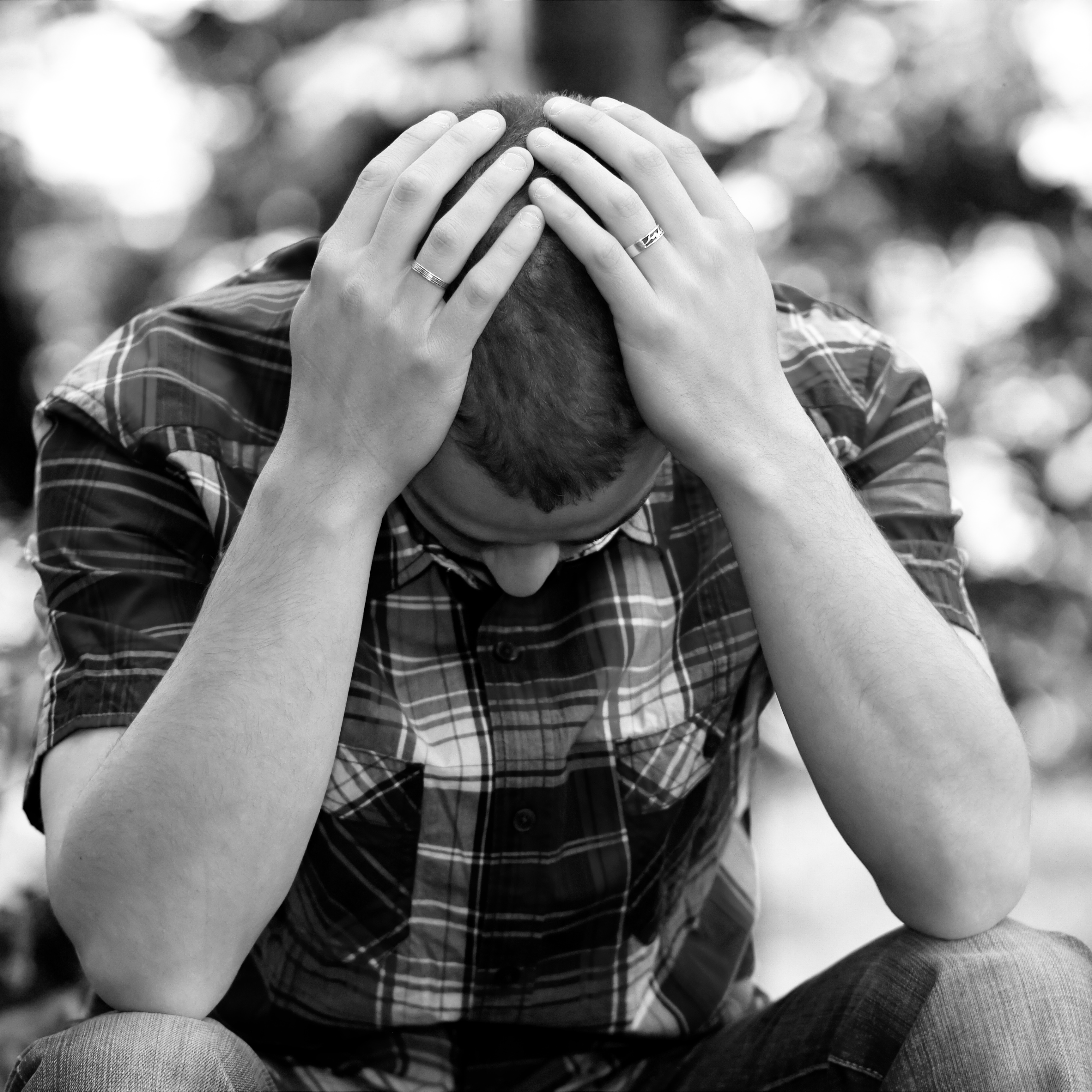
Students stand up to stress in the time of corona
Lisa-Marie Walther and Alisa Auer redirect their PhD research to tackle one of the most pertinent issues of the pandemic: stress in response to the coronavirus crisis. “This is a chance to investigate stress in the collective in an extraordinary moment in history.”
Last month, first-year PhD students Alisa Auer and Lisa-Marie Walther were preparing for their next run of experiments in the laboratory where they planned to study how stress spreads in groups of people. Then lockdown happened: the orders to stay home, to avoid friends and colleagues, and the shuttering of the university and lab spaces indefinitely.
“Overnight, the plans for my PhD research came to a screeching halt,” says Walther, who is working in the Department of Psychology and the Cluster of Excellence ‘Centre for the Advanced Study of Collective Behaviour’ at the University of Konstanz.
But even as the coronavirus crisis closed one door, Auer, Walther and their colleagues made sure that a window was opened. With no possibility to conduct laboratory work for the foreseeable future, they pivoted to using online tools for collecting data and they reframed their investigation of stress in the collective to tackle the pandemic head on.
“The current situation is undoubtedly having a major impact on stress in our society,” Auer says. “We thought this is a chance to investigate stress in the collective in an extraordinary moment in history.”
Walther and Auer together with intern Sinaida Betz and advisor Professor Petra Wirtz, have today launched an online survey that aims to provide a clear picture of people’s emotional stress during the pandemic. The survey, comprising short questions to be answered via an online portal, will elucidate the perceived stress felt by people in the pandemic and uncover helpful resources to allay the scourge of stress.
“Even though the pandemic has obvious stressors, we didn’t have a factual answer to the question ‘what is contributing to people’s stress in the current situation?’,” says Professor Petra Wirtz, the senior scientist on the project and a Principal Investigator in the Cluster of Excellence ‘Centre for the Advanced Study of Collective Behaviour’ at the University of Konstanz.
Leading a research group studying the psychobiology of stress, Wirtz is well aware of the scope of stress posed by the pandemic. In addition to the fear of becoming infected by the novel coronavirus, the global response for stopping the spread—social isolation—has brought about flow-on stressors: job loss, broader economic turmoil, and the looming health risks of an extended period of social isolation. A review published by Wirtz in 2017 linked acute and chronic stress to increased risks of heart disease.
“With the online survey we hope to get data-driven insights into this situation,” says Walther. “Is it the fear of getting sick that causes stress? The fear of losing one’s job? Are there more domestic conflicts from being forced together with the family?
“We also want to find out if certain characteristics make people more vulnerable for stress, or if the stress level of people around you affects your own perceived stress.”
The pandemic has triggered a wave of online surveys. Researchers, locked out of their laboratories, are trying to quantify the effects of the once-in-a-generation situation across many areas of our lives. From the University of Konstanz, surveys have been created to study implications of the coronavirus pandemic relating to social and economic factors, life and work, working remotely, and risk perceptions and behaviour. The online stress study, however, takes a new approach. "Most of the other surveys are looking on consequences of the coronavirus, mostly on society or company level" says Walther. "We are looking on the perceived strains of people."
As the pandemic progresses, so too will people’s perceived stress. To capture the dynamics of this response, the researchers will sample participants via the online survey at multiple time points over the crisis. They also expect to gain an understanding on the little-known positive aspects of the pandemic. “The focus is always on the negative consequences, but it’s worth asking if people feel any benefits from the drastic change in lifestyle,” says Walther.
In the long term, they will use results from the study to identify resources or stress-protecting factors that have helped people cope. For example, does it make a difference if people become physically active, such as via jogging and cycling, or via the online workout classes that have surged in popularity? Or does contact with virtual friends, a healthier lifestyle in terms of sleep or diet, or pet ownership corelate with lower stress levels?
“Understanding these factors could be helpful in similar future situations, for people and also for the government in terms of regulations,” says Walther.

